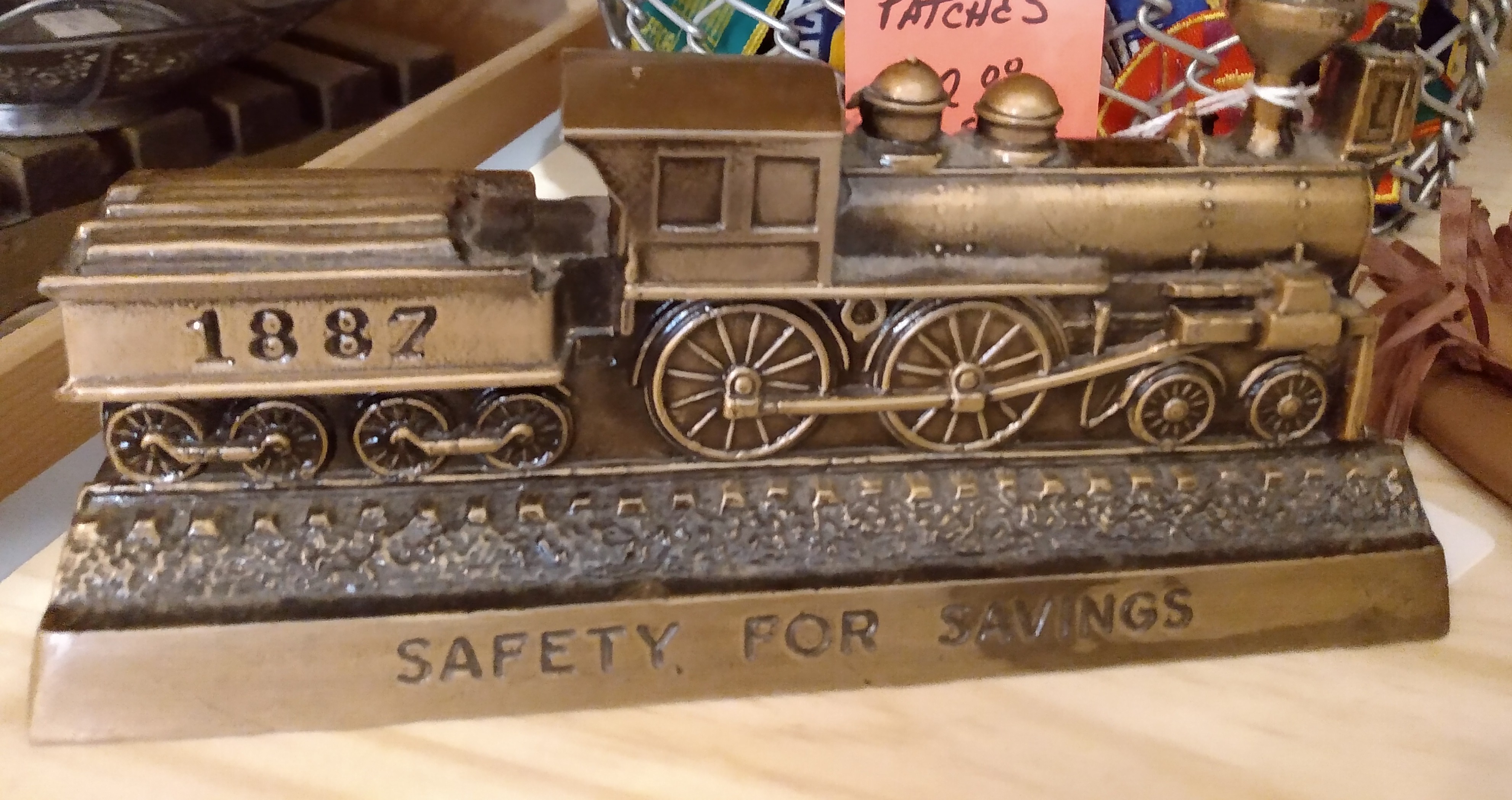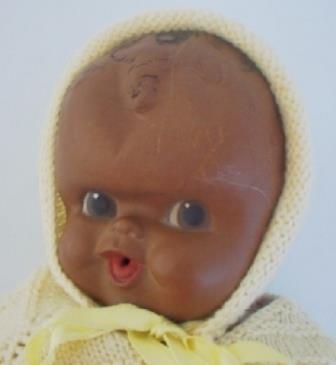In honor of Administrative Professionals Day.
As one who was once a member of that benighted tribe, I’m rerunning this column from April, 2022. As I said then, I say now: Administrative Professionals don’t need flowers or a luncheon. They need respect and a raise!
Every time I find myself sliding into “Retirement Guilt Phenomenon”, I remind myself not just of the forty-four years I worked full-time, but, even more importantly, the incredible number of truly awful supervisors I endured.
Their names are legend. Actually, some of their names were Schuster, Tom, Lois, Gloria, and Evil Troll. There were others, but these were the most memorable.
And I, the lowliest of the low (Trust me on this one: in an office environment, there is hardly any lower life form than the formerly-known-as-secretary-now-called-Administrative-Assistant-same-shit-different-title.)…anyway, lowly little me survived them all to emerge, victorious, un-fired, and finally, safely and happily retired. (Here picture middle finger extended high into the air. Perhaps on both hands.)
For, let’s face it: some of these people—no, a lot of them—were genuine jackasses.
Schuster was the first one, and, no, I don’t recall his given name, because we lowly file clerks were not permitted to speaketh it aloud. He was addressed, always, reverently, as Mr. Schuster.
To be fair, the toxic environment in which Schuster operated contributed to his exalted view of himself as sitting enthroned high upon Mt. Olympus while we mere worker ants scurried far below, just waiting for his thunderbolts to fall. This being in the early 1970s, conditions existed at “Railroaders” (the nickname with which we parodied the bank) that would now be unthinkable. Sexual harassment and promotion-by-office-affair were the norm, yet male and female employees were segregated into separate lunch lounges. Female employees were required to wear hideously ugly, uncomfortable polyester uniforms, because women could not be trusted to dress appropriately for business.

Resembling the office of Nine to Five infamy, it was a sadly real hell where Schuster reigned supreme, with we, his “girls” ensconced in a tiny back room, invisible to the public and even most of the other employees. Fifty years on, I can’t really recall the precise events that made me completely despise Schuster, but any person who supported and empowered such a revolting office environment deserved a whole lot worse than mere contempt.
Next came Tom. Promoted to first-time supervisor of a group of, yes, female secretaries and clerks, he solved every problem by creating worse problems. One coworker, for instance, had the habit of taking overly-long breaks and lunch hours, while the other half-dozen of us adhered to the correct schedule. When confronted by our complaints regarding the unfairness of this situation, his solution was to institute a system of rolling breaks and lunch hours, so that we never knew from one day to the next what our schedule would be, thereby punishing all for the misbehavior of one. A wiser supervisor finally intervened, but the damage was done. After that, we all pretty much came and went as we pleased, Tom and schedules be damned.
Then there was Lois. Ah, the joys of working for a self-important, dictatorial, tyrannical, officious narcissist! This was one time in which difficult lessons I had learned (by careful management of a relative who suffered from Borderline Personality Disorder) came in handy. Extremely handy. Despite an occasional road-bump in which I upset Lois’s self-delusional little applecart, I survived several years under her autocratic rule, even emerging with a favorable employee rating. But it was a near thing, always. I did a bit of a happy dance when Lois moved on to greener pastures, there to devastate a fresh raft of hapless victims.
And how could I forget Gloria, the supervisor who always assumed that everything was my fault. I came within inches of being fired one day, saved only by the honesty of another employee, when the message regarding an important meeting requested information on the wrong topic.
Following the meeting, Gloria stormed back into the office like the proverbial fire-breathing dragon, furiously telling me to start packing my bags. Thankfully, the employee who’d sent the message intervened, corroborating that I’d been given an incorrect request. Gloria, neither shamefaced nor apologetic, simply told me I was off the hook. But neither then, nor any of the other hundred times it happened during her tenure, did she express any regret for her immediate assumption that I was at fault.
Finally, there came Evil Troll, the sexual harasser. The openly-lesbian female sexual harasser who backed me and other women into corners to invade our body space and sometimes press her extremely large breasts up against us; who made constant sexual innuendos in work conversations…and got away with it. Because in the 1990s we knew the cards were stacked against us. We had children to support, jobs we had to keep. Decades later, I turned cartwheels and handsprings when the Me, Too movement evolved, as I recalled Evil Troll and everything I endured from her until I escaped to another job.
Every lowly office support staff worker has tales like this; many, I’m sure, have storties that are far, far worse. To them I say: I salute you. I know what you’re enduring. Stay strong, keep on, and emerge, eventually, the victor on the other side. Or, as the mock-Latin saying goes, Illegitimi non carborundum.
As always, feel free to repost any quotes from, or this full essay, with author attribution.
 cake” of sunny lemon yellow, part of its round face obscured with a fudge shadow.) Sitting in this group of wonderful friends, my beloved daughter and granddaughter at my side, the spectacle was enhanced for me by the loving closeness of the people I’d chosen to be with to witness this event.
cake” of sunny lemon yellow, part of its round face obscured with a fudge shadow.) Sitting in this group of wonderful friends, my beloved daughter and granddaughter at my side, the spectacle was enhanced for me by the loving closeness of the people I’d chosen to be with to witness this event.
